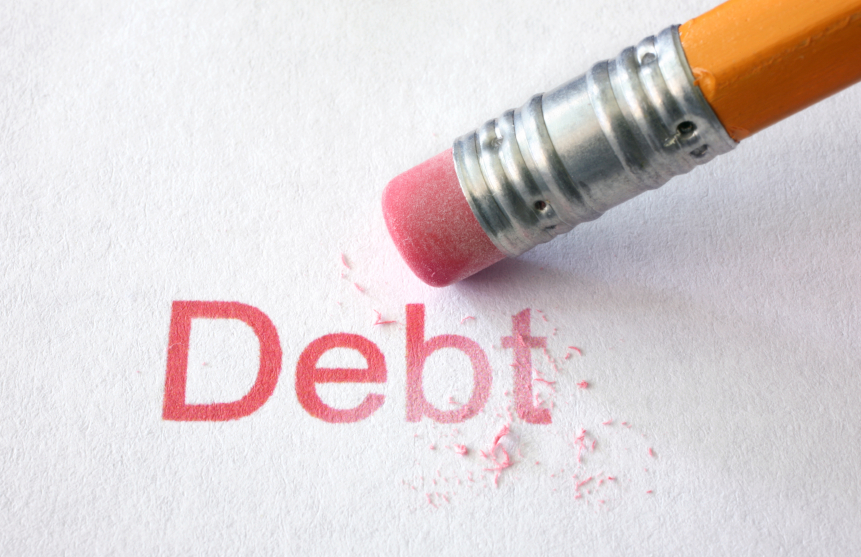Credit Cards & Loans
Average family debt hits two and a half year high

The average British family has around £13,500 of unsecured debt, the highest amount since the summer of 2013, according to a new report.
The research by insurance company Aviva also revealed household debt has risen by a staggering 42% in the last six months alone to reach the highest level seen for two and a half years.
Excluding mortgage borrowing, the average family debt now stands at £13,520, up from £9,520 seen six months earlier in the summer of 2015.
This latest figure is the highest seen since summer 2013 when the average family owed £16,300.
And since Aviva first started tracking this data back in winter 2011, the overall rise in household debt means the average amount owed is now 24% higher than the original figure of £10,870.
Household comparisons and debt levels
Comparing family types, Aviva found that married parents have almost twice the level of personal debt (£14,500) as parents raising children alone (£6,370).
Couples with two or more children have the most debt of any family, totalling £18,830.
The findings also reveal:
- Credit card debt rose from £1,960 in summer 2015 to £2,370 and the amount owed on overdrafts increased from £870 to £1,190.
- One in four families now owe money on a personal loan, up from 23% a year ago, with an outstanding balance of £2,080.
- Mortgage debt is now 21% higher than the £51,850 owed in 2010.
Fall in household income
After two and a half years of continued rises, the typical family income has also dropped for the first time since July 2012.
The typical family’s monthly net income now stands at £2,024, a drop of more than £100 from £2,126 six months earlier.
This is significant as the income figure now is less than the average income figure of £2,053 first recorded in winter 2010.
Despite debt, families are saving
In spite of increases in debt levels, the amount families are able to set aside each month has increased by 50% since 2010, from £70 to £105.
As the Bank of England’s base rate remains unchanged at 0.5%, the typical family savings pot now stands at £3,150, nearly five times the average amount of £636 in 2010.
This may be in part due to the low inflation with the latest Consumer Price Index (CPI), registering a rise of 0.1% in the year to November 2015 and according to Aviva’s latest data, the average family’s weekly food shop has decreased by 3% in the last six months – a saving of £7 a week.
‘Uncertain picture for the family purse in 2016’
Louise Colley, managing director of protection at Aviva said: “The alarming levels of rising household debt, along with a recent reduction in income and savings levels, paints an uncertain picture for the family purse in 2016.
“With the possibility that the Bank of England could raise interest rates this year, families who have grown accustomed to cheaper credit – particularly those who have spent heavily over the Christmas period – need to ensure they are still fully prepared to manage debt repayments, as well as other monthly outgoings, should rates go up.”
[article_related_posts]